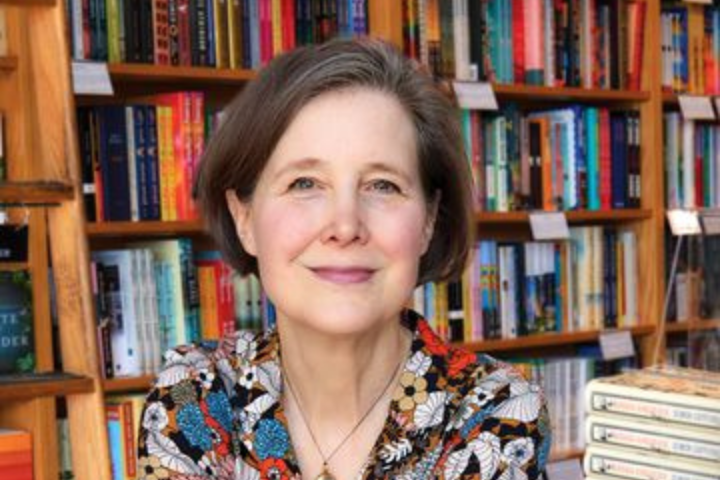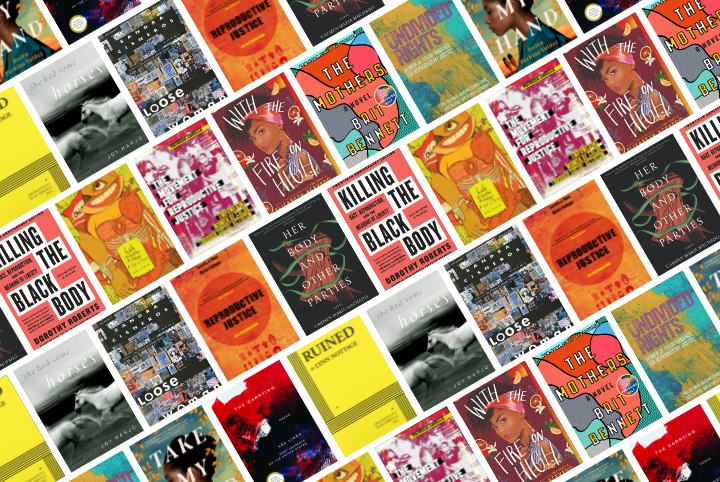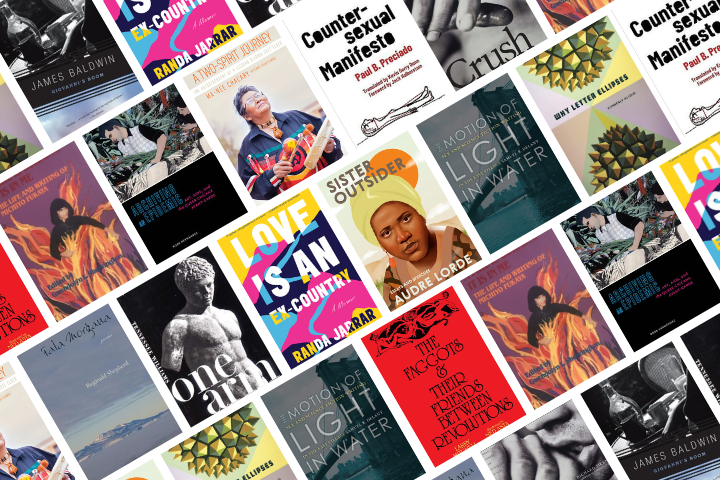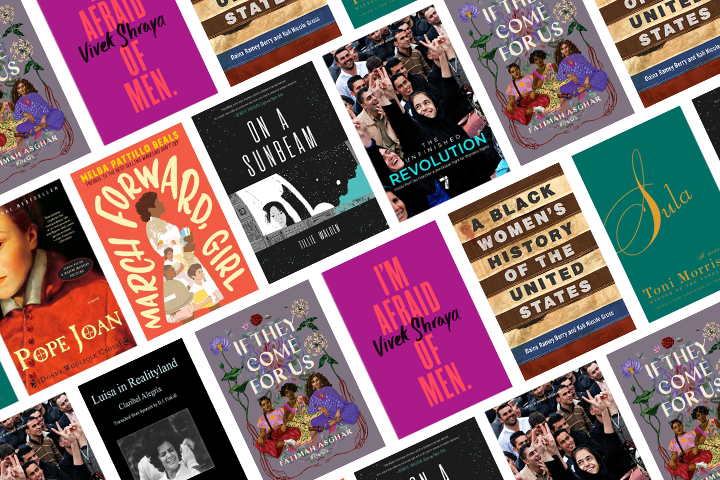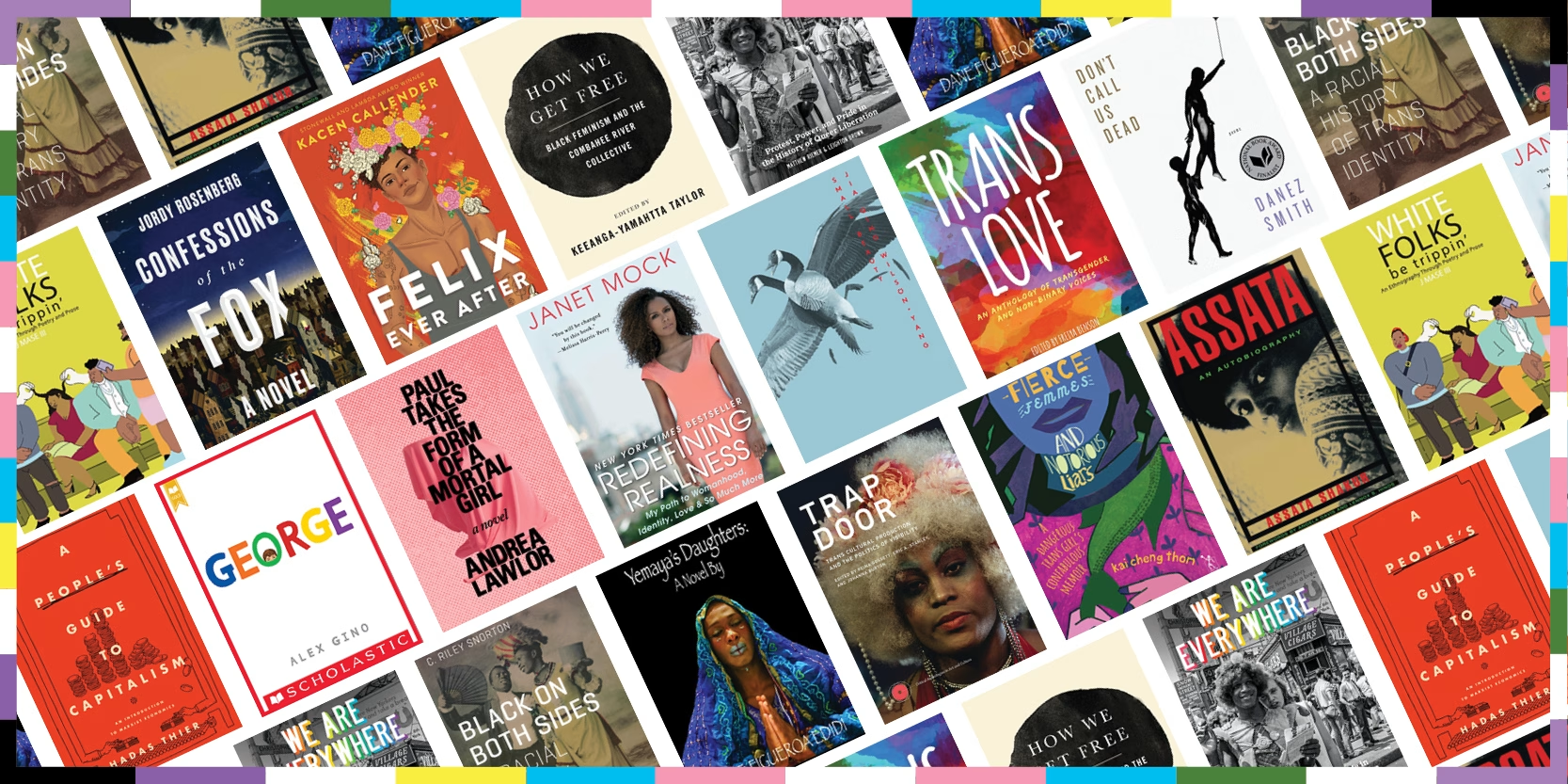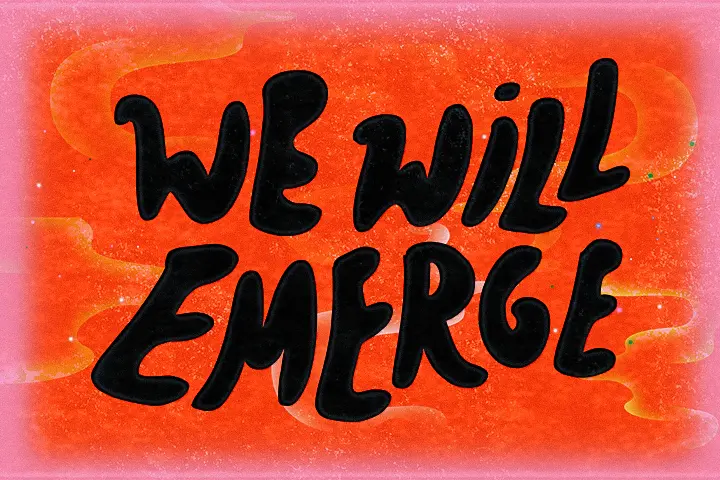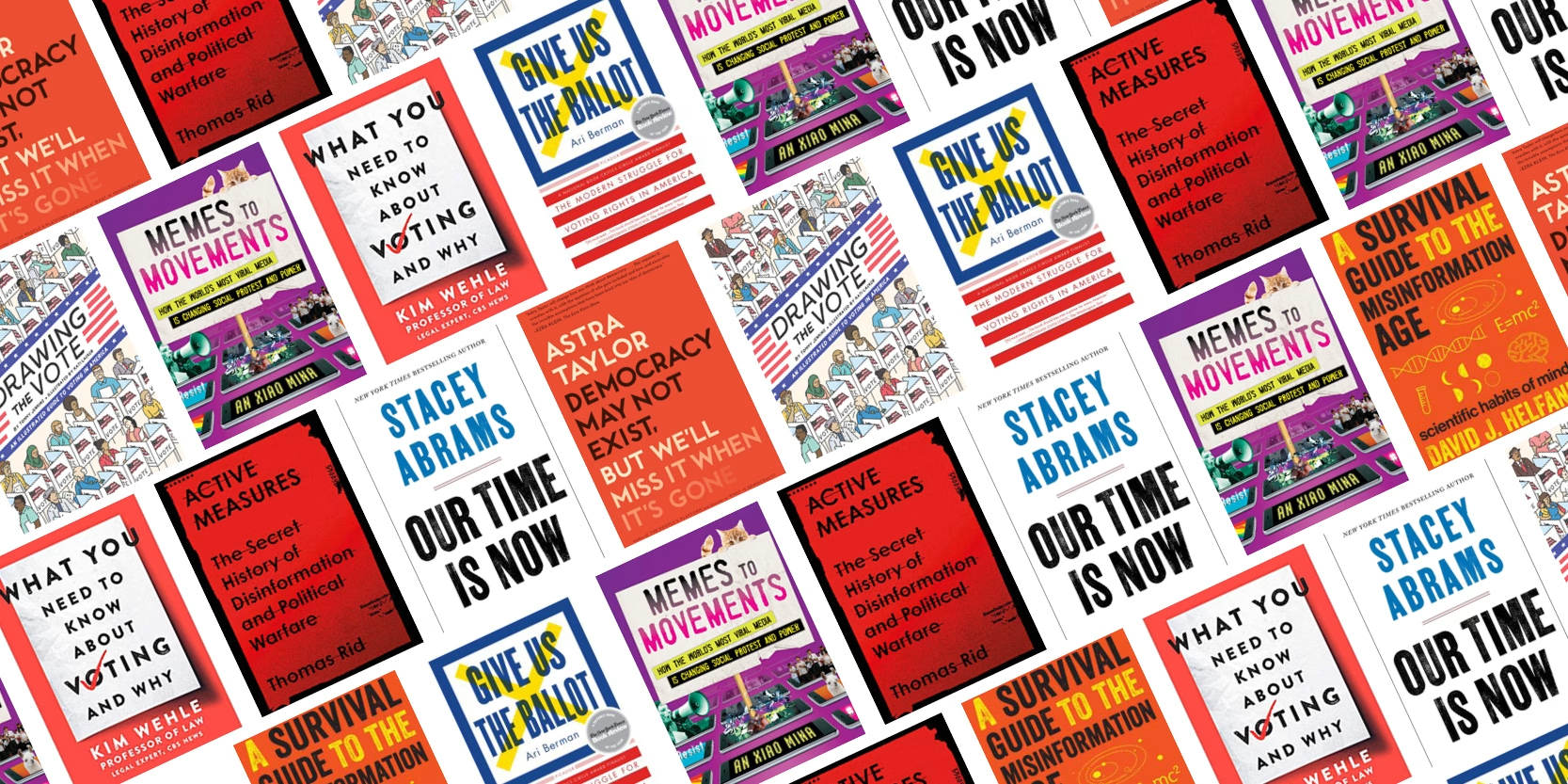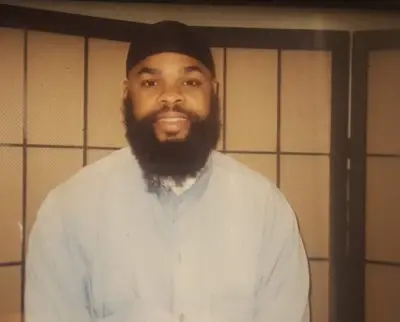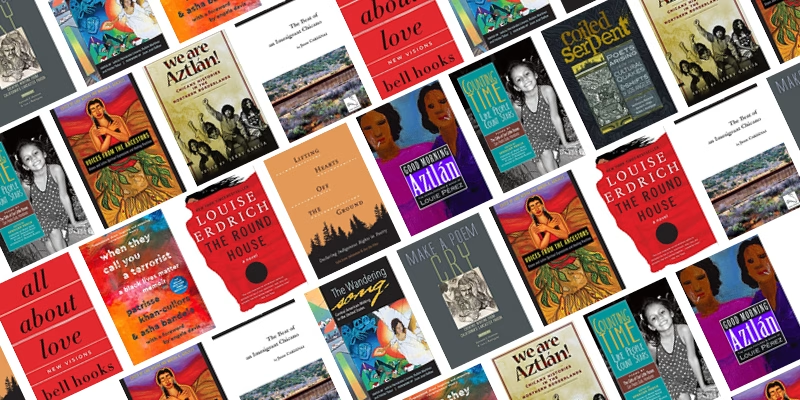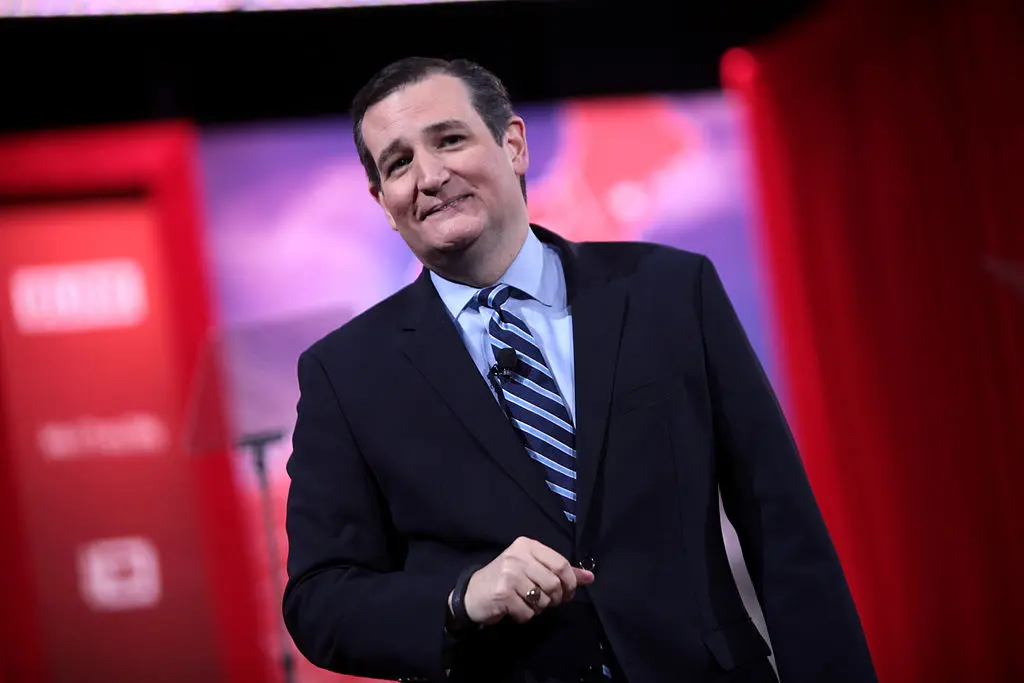Today, we mark China Human Rights Lawyers Day, in remembrance of the Chinese government’s roundup of over 300 human rights lawyers and legal assistants in the days following July 9, 2015, in what is known as the ‘709 crackdown’. UN experts are dismayed that ‘the profession of human rights lawyer has been effectively criminalised in China.’
Human rights lawyers are a cornerstone of China’s human rights movement. From Uyghurs, Tibetans and Hong Kongers, to religious minorities, LGBTQI and feminist advocates, journalists, and political dissidents: human rights lawyers defend the full spectrum of civil society. They accompany and empower the most vulnerable against land evictions, discrimination, health scandals, or extra-legal detention. They embody the promise of rule of law and hold the government accountable to its commitments under China’s constitution, laws, and the international human rights treaties it has ratified. They ensure that no one is left behind.
Today, we call for urgent global attention to the Chinese government’s new wave of repression against human rights lawyers unfolding over the past three months.
On April 10, Ding Jiaxi and Xu Zhiyong were sentenced to 12 and 14 years in prison and 3 and 4 years’ deprivation of political rights respectively, on grounds of ‘subversion of State power,’ prompting grave concerns by the UN High Commissioner for Human Rights. Both attended a private gathering in the coastal city of Xiamen in December 2019 to discuss the future of civil society in China. Xu’s partner, feminist activist Li Qiaochu, was recently tried behind closed doors for ‘inciting subversion of State power’, and her lawyer was not permitted to question witnesses or review evidence. Li has also been denied access to adequate healthcare despite severe mental health issues in custody.
Another Xiamen gathering attendee, lawyer Chang Weiping, was sentenced to three and half years in prison on similar charges on June 8. The three lawyers had previously been forcibly disappeared under ‘Residential Surveillance at a Designated Location’ (RSDL), a criminal procedure systematically used against human rights lawyers and defenders, tantamount to enforced disappearance and torture according to UN experts.
On April 14, lawyer Yu Wensheng and his wife Xu Yan, were detained on their way to attend a meeting at the Delegation of the European Union in Beijing. Both have since been formally arrested, Yu for ‘picking quarrels and provoking trouble,’ Xu for ‘inciting subversion of State power’. Yu left prison in March 2022 upon completion of a first four-year sentence on national security grounds, prompting concerns that he may now face a harsher sentence. He is the recipient of the 2021 Martin Ennals Award for Human Rights Defenders, and the 2019 Franco-German Prize for Human Rights and the Rule of Law.
We strongly condemn the Chinese government’s abuse of national security, in law and practice, to target human rights lawyers and activists, as documented by UN experts. The authorities make systematic use of national security crimes under China’s Criminal Law, in particular ‘subversion of State power’ or ‘inciting subversion’ (Article 105) that carry lengthy prison sentences. According to UN human rights experts, China’s Criminal Procedure Law, including Articles 39 and 85, ‘provides for explicit exemptions and restrictions to [legal provisions guaranteeing due process] for national security crimes, such as notification of family members of arrest within 24 hours, or access to a lawyer within 48 hours.’ UN experts have called on China to repeal Article 105 of the Criminal Law, and legal provisions allowing for RSDL. In 2015, the UN Committee Against Torture called on China to repeal restrictions to the right to counsel and to family notification on national security grounds.
We are further concerned that the Hong Kong authorities are following a similar path since the imposition of the National Security Law. Prominent lawyers Chow Hang-tung, Albert Ho and Margaret Ng are currently awaiting trial on a range of national security crimes, for their human rights work. UN experts have recently called for Chow Hang-tung’s release.
We remain deeply concerned at the Chinese government’s increasing use of exit bans to impede human rights lawyers and activists from leaving the country, sometimes to visit a critically ill relative. On June 9, lawyer Li Heping and his family were intercepted by border police at Chengdu’s international airport. Similarly to activist Guo Feixiong and other cases over the past years, the authorities considered Li and his family’s planned travel to ‘endanger national security.’ In May 2021, lawyer Tang Jitian was prevented by authorities from visiting his daughter on life support in Tokyo. He was released in January 2023 after being forcibly disappeared for 398 days following an attempt to observe Human Rights Day at the Delegation of the European Union in Beijing in 2021.
We are alarmed at the severe harassment against released human rights lawyers and their relatives, including children. Li Heping and three other lawyers have reported that State Security agents, or unidentified individuals acting on their behalf, regularly intimidate and threaten family members, including elderly parents, and hinder their children’s access to education. Over the past two months, lawyer Wang Quanzhang and his family have been forced to move 13 times in Beijing. The family has also suffered from constant harassment and threats at their doors, as well as electricity and gas cuts. Lawyer Bao Longjun has been prevented from leaving his home multiple times by unidentified individuals blocking his door. Lawyer Zhou Shifeng, who was arrested as part of the ‘709 crackdown’ in 2015 and was released after completing his seven-year prison sentence in November 2022, has reported leaving Beijing in May in relation to increasing pressure and surveillance by State authorities.
We also urge greater attention to the Chinese government’s disbarment of human rights lawyers. At least 30 human rights lawyers have seen their practising license suspended or revoked by the authorities since 2017. Since 2016, administrative measures have criminalised lawyers ‘using the Internet or media to express dissatisfaction with the Party or the government’, joining ‘sit-ins, holding banners, shouting slogans, expressing solidarity’ and other acts in exercise of their rights to free speech and peaceful assembly. Similar rules have tightened ideological control of law firms, with at least three penalised over the same period.
Detained human rights lawyers are constantly subject to physical and psychological torture and ill-treatment in pre-trial detention and prison. They are routinely denied contact with their relatives and access to medical care, despite critical health issues. The government impedes family-appointed lawyers from accessing court documents and representing victims, instead imposing government-appointed lawyers whose identities are not disclosed or refuse to communicate with relatives. Detained lawyers are often convicted during sham closed-door trials, without notification to families nor disclosure of court verdicts for prolonged periods.
The UN Working Group on Arbitrary Detention has determined that China has a ‘systemic problem with arbitrary detention which amounts to a serious violation of international law’.
Over the years, sustained attention from the international community has contributed to the release and improvement of conditions for those detained, and brought lawyers and relatives vital moral support.
Against this new wave of repression, which has been known as the ‘709 crackdown 2.0’, we call on the international community to urge the Chinese government to:
- Put an end to its crackdown on human rights lawyers and defenders;
- Immediately and unconditionally release all those arbitrarily detained;
- Amend laws and regulations, including national security legislation, its Criminal Law and Criminal Procedure Law, to bring them into full compliance with international human rights standards; and meaningfully cooperate with the United Nations human rights bodies to that end.
Read the individual cases here.
Signatories
Human rights organisations:
American Association of the International Commission of Jurists
ARTICLE 19
Beijing Yirenping Center
Campaign for Uyghurs
China Aid Association
Chinese Democracy & Human Rights Alliance (CDHRA)
Chinese Human Rights Defenders
Committee to Support Chinese Lawyers
CSW (Christian Solidarity Worldwide)
Front Line Defenders
Global Centre for the Responsibility to Protect
Hong Kong Democracy Council
Hong Kong Watch
Humanitarian China
Human Rights in China
Human Rights Now
Human Rights Watch
International Campaign for Tibet
International Federation for Human Rights (FIDH), within the framework of the Observatory for the Protection of Human Rights Defenders
International Observatory for Lawyers in Danger (OIAD)
International Service for Human Rights (ISHR)
International Tibet Network
Lawyers for Lawyers
Lawyers’ Rights Watch Canada
Montreal Institute for Genocide and Human Rights Studies
PEN America
Solidarity China France
The Rights Practice
The 29 Principles
Tibet Justice Center
Tibetan Centre for Human Rights and Democracy
Uyghur Human Rights Project
Women’s Rights in China
World Federalist Movement/ Institute for Global Policy
World Organisation Against Torture (OMCT), within the framework of the Observatory for the Protection of Human Rights Defenders
World Uyghur Congress
Bar associations:
Amsterdam Bar Association
Council of Bars and Law Societies of Europe (CCBE)
Geneva Bar Association
Warsaw Bar Association
Scholars:
Donald Clarke, George Washington University Law School
Edward Friedman, University of Wisconsin
Eva Pils, King’s College London
Jean-Philippe Béja, Centre national de la recherche scientifique (CNRS)
Jerome Cohen, New York University School of Law
Marie Holzman, Université Paris VII
Martin S. Flaherty, Leitner Center for International Law and Justice
Michael C. Davis, Wilson Center
Rana Siu Inboden, University of Texas at Austin
Terence Halliday, American Bar Foundation & Australian National University
Tomoaki Ishii, Meiji University
Tomoko Ako (阿古智子), University of Tokyo
Zhang Yutong
Chinese human rights defenders:
Anna Ruiqin Wang
Li Dabin
Liu Sifang
Lu Miaoqing
Luo Shengchun Sophie, wife of Ding Jiaxi
Shi Minglei, wife of Cheng Yuan
Wang Yonghong
Wu Shaoping
Xiang Li
Zhang Miao
在此处阅读简体中文声明
709 镇压 2.0 版
反对中国再次镇压人权律师的全球呼吁
今天,我们纪念中国人权律师日,纪念中国政府在 2015 年 7 月 9 日之后的几天里围捕了300多名人权律师和法律助理,即所谓的“709 镇压”。联合国专家对“在中国,人权律师这一职业实际上已经被刑事化”感到震惊。
人权律师是中国人权运动的基石。从维吾尔族、西藏人和香港人,到宗教少数群体、LGBTQI 和女权主义倡导者、记者和政治异见人士:人权律师捍卫公民社会的各个方面。他们陪伴并帮助最弱势群体免受土地驱逐、歧视、健康丑闻或法外拘留的侵害。他们体现了法治的承诺,并要求政府对其根据中国宪法、法律和已批准的国际人权条约做出的承诺负责。他们确保没有人会被抛下。
今天,我们呼吁全球紧急关注中国政府在过去三个月里展开的新一轮镇压人权律师的浪潮。
4 月 10 日,丁家喜和许志永被以“颠覆国家政权罪”分别判处有期徒刑 12 年和 14 年,剥夺政治权利 3 年和 4 年,引起联合国人权事务高级专员的严重关切。两人于 2019 年 12 月参加了在沿海城市厦门举行的私人聚会,讨论中国公民社会的未来。许志永的女友、女权活动人士李翘楚最近因“煽动颠覆国家政权罪”受到闭门审判,她的律师不被允许询问证人或审查证据。尽管李翘楚在拘留期间存在严重的精神健康问题,但仍无法获得足够的医疗保健。
另一位厦门聚会参加者常玮平律师于 6 月 8 日因类似罪名被判处三年半有期徒刑。这三名律师此前曾遭到“指定居所监视居住(RSDL)”而被强迫失踪,这是一项系统性的针对人权律师和维权者使用的刑事诉讼程序,联合国专家认为,这相当于强迫失踪和酷刑。
4 月 14 日,余文生律师和妻子许艳在前往北京出席欧盟代表团会议的途中被拘留。此后,两人均已被正式逮捕,余文生的罪名是“寻衅滋事”,许艳的罪名是“煽动颠覆国家政权”。余文生于 2022 年 3 月因国家安全之由服完四年刑期后出狱,这引发了人们对他现在可能面临更严厉刑罚的担忧。他是 2021 年马丁·恩纳尔斯人权捍卫者奖和 2019 年法德人权法治奖获得者。
正如联合国专家所记录的那样,我们强烈谴责中国政府在法律和实践中滥用国家安全来针对人权律师和活动人士。当局系统性地利用中国刑法规定的危害国家安全罪,特别是“颠覆国家政权罪”或“煽动颠覆国家政权罪”(第105条),这些罪名可被判处长期的徒刑。联合国人权专家表示,中国《刑事诉讼法》,包括第39条和第85条,“对危害国家安全犯罪的[保证正当程序的法律规定]做出了明确的豁免和限制,例如在24小时内通知家人被捕、或在 48 小时内会见律师”。联合国专家呼吁中国废除《刑法》第 105 条以及允许指定居所监视居住的法律条款。2015年,联合国禁止酷刑委员会呼吁中国取消以国家安全为由对获得律师帮助和通知家人的权利的限制。
我们还对香港当局自《国家安全法》实施以来走上类似道路感到担忧。著名律师邹幸彤、何俊仁和吳靄儀由于他们的人权工作,目前正因一系列国家安全罪行而等待审判。联合国专家最近呼吁释放邹幸彤。
我们仍然对中国政府越来越多地利用出境禁令来阻止人权律师和活动人士离开中国(有时是为了探望病重的亲属)深表关切。6 月 9 日,李和平律师及其家人在成都国际机场被边防警察拦截。与过去几年的活动人士郭飞雄和其他案件类似,当局认为李和平及其家人计划的旅行“危害国家安全”。2021 年 5 月,当局阻止律师唐吉田前往东京探望靠生命维持系统支撑着的女儿。他于 2021 年试图参加欧盟驻北京代表团庆祝人权日活动,而后被强迫失踪 398 天,并于 2023 年 1 月获释。
我们对获释的人权律师及其亲属(包括儿童)遭受的严重骚扰感到震惊。李和平和其他三名律师报告说,国保人员或代表他们行事的身份不明的人员经常恐吓和威胁他们的家庭成员,包括年迈的父母,并阻碍他们的孩子上学。两个月来,王全璋律师及其家人在北京被迫搬家13次,一家人还经常受到上门的骚扰和威胁,电力和燃气也被切断。包龙军律师多次被身份不明的人员堵住家门,无法出门。周世峰律师于 2015 年在“709 镇压”中被捕,并于 2022 年 11 月七年刑满后获释。据报道,由于国家当局加大压力和监视,他于 5 月离开了北京。
我们还敦促更多关注中国政府取消人权律师资格的情况。自 2017年 以来,至少有 30 名人权律师的执业执照被当局暂停或吊销。自 2016 年以来,行政措施将律师“利用网络或媒体表达对党和政府的不满”、“静坐、打横幅、喊口号、声援”等行为,以及其他行使言论自由与和平集会权利的行为,均定为犯罪。类似的规定也加强了对律师事务所的意识形态控制,同期至少有三家律师事务所受到处罚。
被拘留的人权律师在审前拘留和监狱中不断遭受身心折磨和虐待。尽管他们存在严重的健康问题,但他们经常被拒绝与亲属联系并获得医疗保健。政府阻止家属指定的律师查阅法庭文件并代表受害者,反而强制指派政府指定的律师,但这类律师的身份不公开或拒绝与亲属联系。被拘留的律师常常在虚假的闭门审判中被定罪,既没有通知家人,而且长时间不公开法庭判决。
联合国任意拘留问题工作组认定,中国存在“任意拘留的系统性问题,这构成了对国际法的严重违反”。
多年来,国际社会的持续关注促进了被拘留者的释放和拘留条件的改善,也为律师和亲属提供了重要的道义支持。
针对被称为“709 镇压 2.0版”的新一波镇压,我们呼吁国际社会敦促中国政府:
- 结束对人权律师和维权人士的镇压;
- 立即无条件释放所有被任意拘留的人;
- 修改法律法规,包括国家安全立法、《刑法》、《刑事诉讼法》,使其完全符合国际人权标准;并以此为目的与联合国人权机构开展有意义的合作。
签署方
人权组织:
American Association of the International Commission of Jurists 国际法学家委员会美国协会
ARTICLE 19 第十九条
Beijing Yirenping Center 北京益仁平中心
Campaign for Uyghurs 维吾尔运动
China Aid Association 对华援助协会
Chinese Democracy & Human Rights Alliance (CDHRA) 中国民主人权联盟
Chinese Human Rights Defenders 中国人权捍卫者
Committee to Support Chinese Lawyers 中国律师之友
CSW (Christian Solidarity Worldwide) 全球基督教团结会
Front Line Defenders 前线卫士
Global Centre for the Responsibility to Protect 保护责任全球中心
Hong Kong Democracy Council 香港民主促進會
Hong Kong Watch 香港監察
Humanitarian China 人道中国
Human Rights in China 中国人权
Human Rights Now 现在人权
Human Rights Watch 人权观察
International Campaign for Tibet 国际声援西藏运动
International Federation for Human Rights (FIDH), within the framework of the Observatory for the Protection of Human Rights Defenders 国际人权联盟,在保护人权捍卫者观察站的框架内
International Observatory for Lawyers in Danger (OIAD) 处境危险律师国际观察站
International Service for Human Rights (ISHR) 国际人权服务社
International Tibet Network 国际西藏网络
Lawyers for Lawyers 律师为律师
Lawyers’ Rights Watch Canada 加拿大律师权利观察
Montreal Institute for Genocide and Human Rights Studies 蒙特利尔种族灭绝与人权研究所
PEN America 美国笔会
Solidarity China France 中国团结协会 (法国)
The Rights Practice 瑞慈人权合作中心
The 29 Principles 29原則
Tibet Justice Center 西藏正义中心
Tibetan Centre for Human Rights and Democracy 西藏人權與民主促進中心
Uyghur Human Rights Project 维吾尔人权项目
Women’s Rights in China 中國婦權
World Federalist Movement / Institute for Global Policy 世界联邦主义者运动/全球政策研究所
World Organisation Against Torture (OMCT), within the framework of the Observatory for the Protection of Human Rights Defenders 世界反酷刑组织,在保护人权捍卫者观察站的框架内
World Uyghur Congress 世界维吾尔代表大会
律师公会/协会:
Amsterdam Bar Association 阿姆斯特丹律师协会
Council of Bars and Law Societies of Europe (CCBE) 欧洲律师协会和法律协会理事会
Geneva Bar Association 日内瓦律师协会
Warsaw Bar Association 华沙律师协会
学者:
Donald Clarke, George Washington University Law School 唐纳德-克拉克,乔治华盛顿大学法学院
Edward Friedman, University of Wisconsin 爱德华-弗里德曼,威斯康星大学
Eva Pils, King’s College London 艾华,伦敦大学国王学院
Jean-Philippe Béja, Centre national de la recherche scientifique (CNRS) 白夏,法国国家科学研究中心
Jerome Cohen, New York University School of Law 孔杰荣,纽约大学法学院
Marie Holzman, Université Paris VII 侯芷明,巴黎第七大学,
Martin S. Flaherty, Leitner Center for International Law and Justice 马丁-弗莱厄蒂,莱特纳国际法和司法中心
Michael C. Davis, Wilson Center 迈克尔-戴维斯,威尔逊中心
Rana Siu Inboden, University of Texas at Austin 拉纳-肖-因博登, 德克萨斯大学奥斯汀分校
Terence Halliday, American Bar Foundation & Australian National University 特倫斯·哈里迪,美国律师基金会和澳大利亚国立大学
Tomoaki Ishii, Meiji University 明治大学
Tomoko Ako (阿古智子), University of Tokyo 東京大学
Zhang Yutong
中国人权律师/人权捍卫者:
Anna Ruiqin Wang 王瑞琴
Li Dabin 李大彬
Liu Sifang 刘四仿
Lu Miaoqing 陆妙卿
Luo Shengchun Sophie, wife of Ding Jiaxi 罗胜春,丁家喜妻子
Shi Minglei, wife of Cheng Yuan 施明磊,程渊妻子
Wang Yonghong 王永红
Wu Shaoping 吴绍平
Xiang Li 向莉
Zhang Miao 张淼

